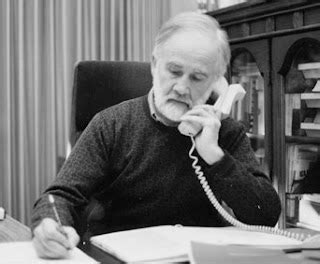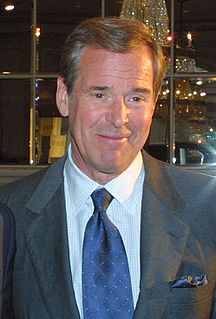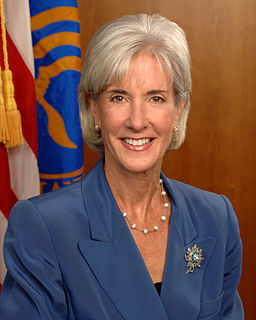A Quote by Elizabeth Esty
We may not have the cheapest labor costs, but where we can compete is innovation. Historically, that's been Connecticut's strength, and it can be again.
Quote Topics
Related Quotes
When the press writes scare stories about the global labor supply draining jobs from rich to poor places, the story is usually presented as a "race to the bottom" simply in terms of wages. Capitalism supposedly looks for labor wherever labor is cheapest. This story is half wrong. A kind of cultural selection is also at work, so that jobs leave high-wage countries like the United States and Germany, but migrate to low-wage economies with skilled, sometimes overqualified workers.


































